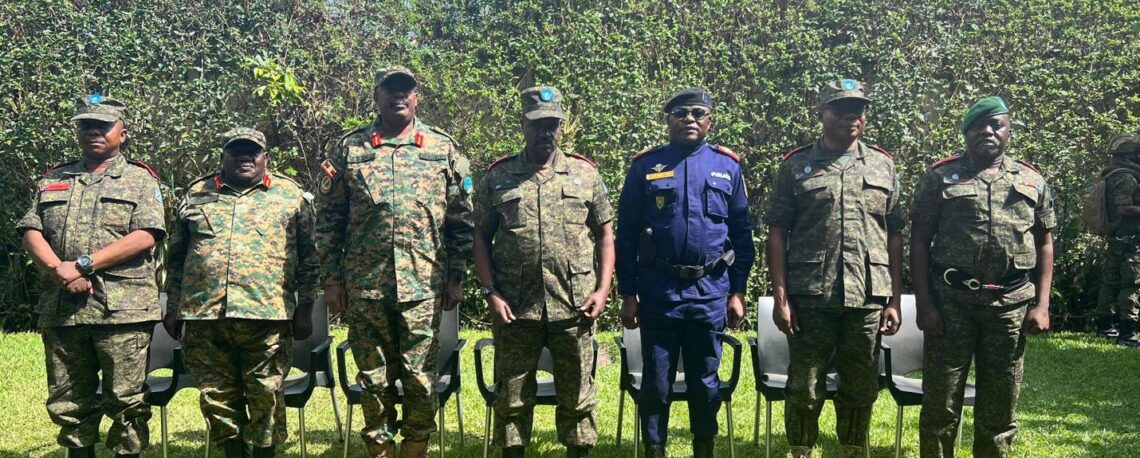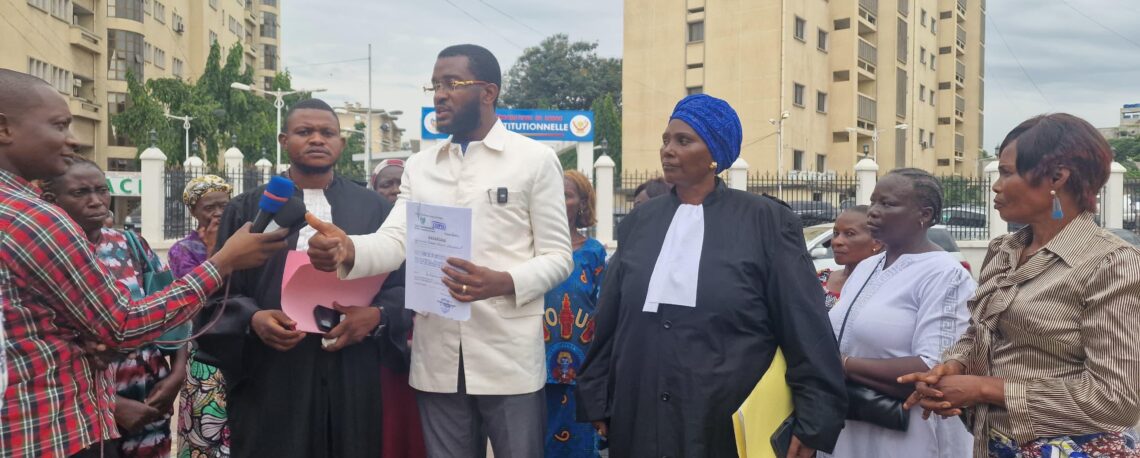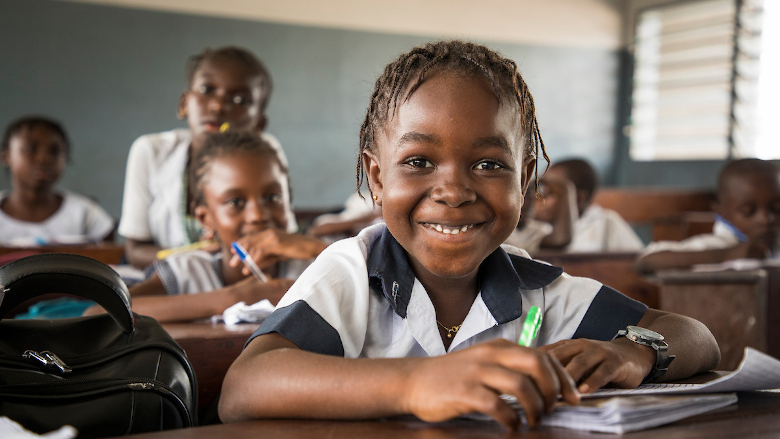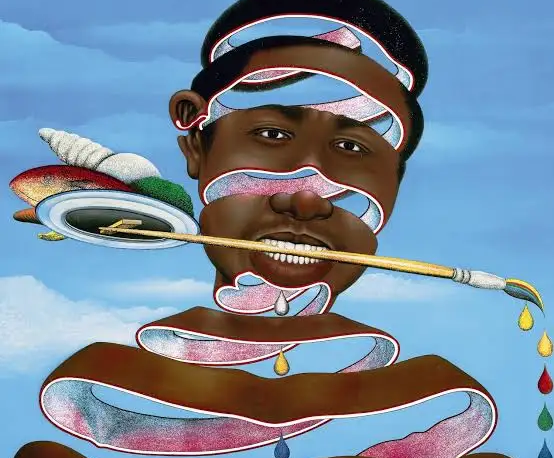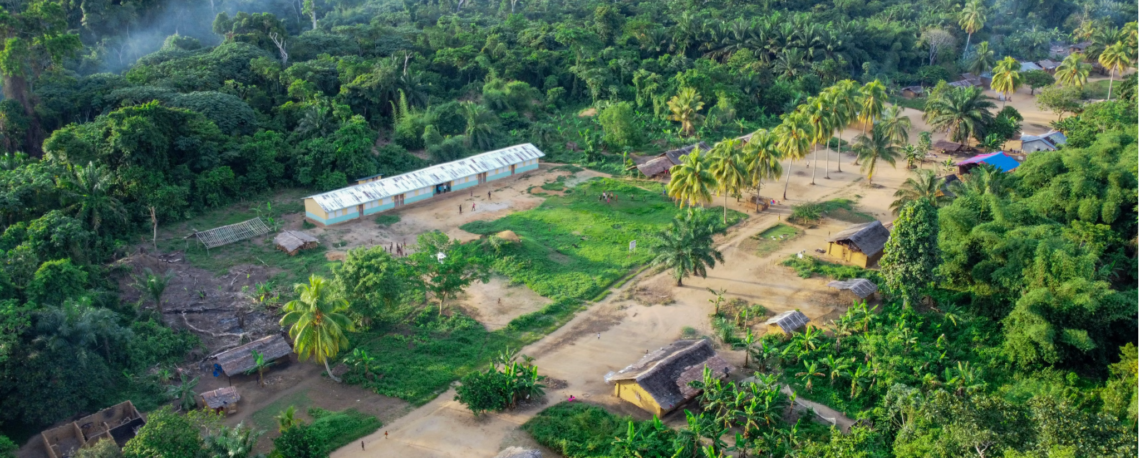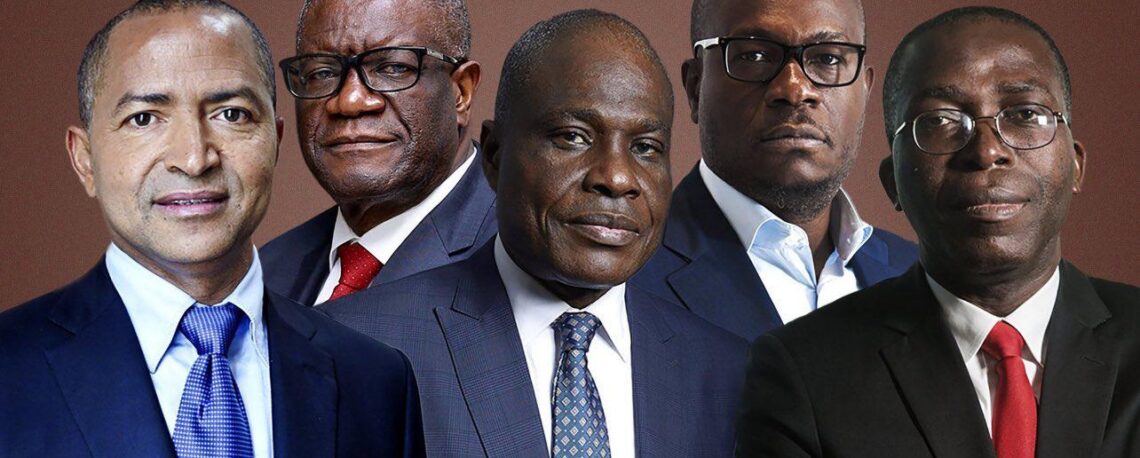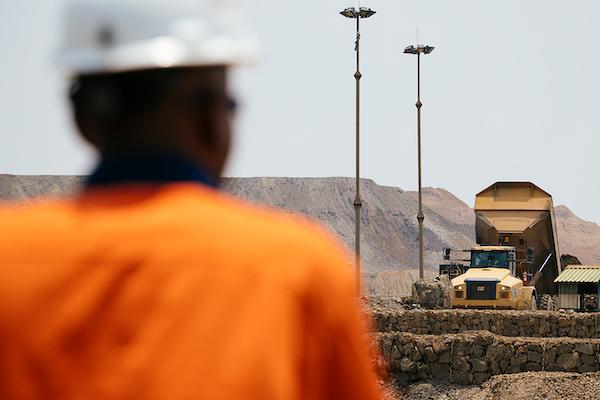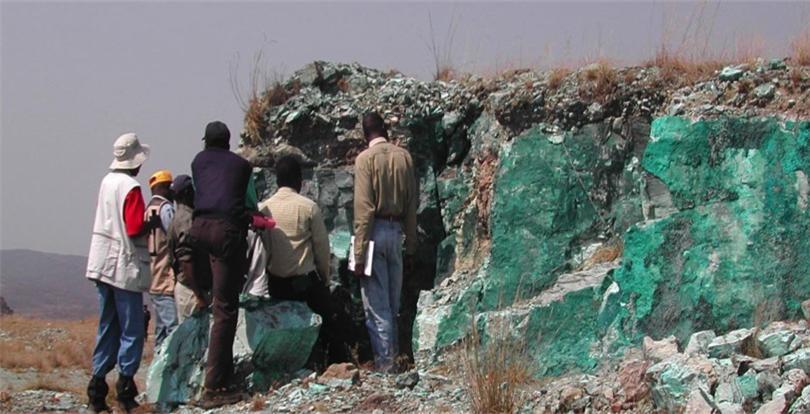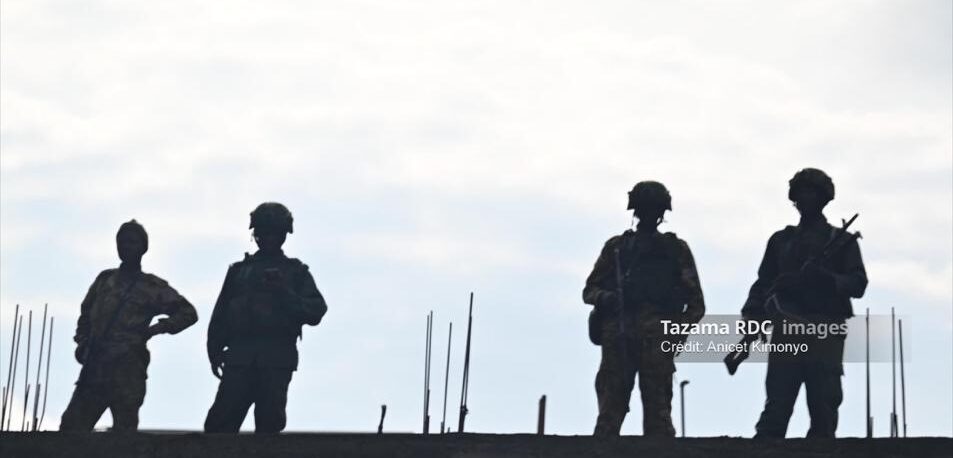On Tuesday 10 February, the Armed Forces of the DRC (FARDC) and the Ugandan army (UPDF) held a meeting in Beni, the provisional capital of North Kivu, to assess their joint operations against ADF rebels, launched in November 2021. Discussions focused on strengthening the coordination of actions carried out in the territories of Beni and Lubero in North Kivu, as well as in Ituri.
Lieutenant-General Ychalingonza Nduru Jacques, Deputy Chief of Staff of the Armed Forces of the Democratic Republic of Congo (FARDC) in charge of operations, chaired a working session of high strategic importance. He was joined by his Ugandan counterpart, Lieutenant-General Kayanja Muhanga, Commander of the Uganda People's Defense Forces (UPDF) Land Forces, as well as the main commanders of the operational sectors of both countries.
Both generals acknowledged progress in tracking down the ADF-MTN-ISCARP. Ugandan troops have been present on Congolese soil since 30 November 2021, following Kampala's decision to support Kinshasa in the fight against the ADF, a threat to both countries. Despite these joint efforts, more than four years after the launch of operations, the armed group remains active and appears to have increased its violence, extending its actions to at least four territories in the east of the country: Beni, Lubero, Irumu and Mambasa.
In recent days, the territory of Lubero appears to be the epicentre of the violence, being the most affected by recent attacks. On Tuesday night, a new incursion was reported towards Mbau, in the territory of Beni. Faced with this persistent threat, the FARDC and UPDF are now focusing on better coordination to reverse the trend and secure the region.
Operation Shujaa "Operation of the Brave" is a joint military offensive conducted by the Uganda People's Defense Forces (UPDF) and the Armed Forces of the Democratic Republic of the Congo (FARDC). Launched on November 30, 2021, the operation's primary objective is to dismantle the Allied Democratic Forces (ADF), an Islamic State-affiliated insurgent group operating in the eastern DRC.
But beyond these operations, several observers in the DRC fear stagnation. These operations have been ongoing for four years now, and there are always new prospects. The Uganda People's Defense Forces have now deployed far from the shared border and are setting up in major cities such as Butembo, Beni and Bunia. They are intervening in regions such as Mahagi, where there is no terrorist threat, without really explaining their presence.
Written by Akilimali Chomachoma

